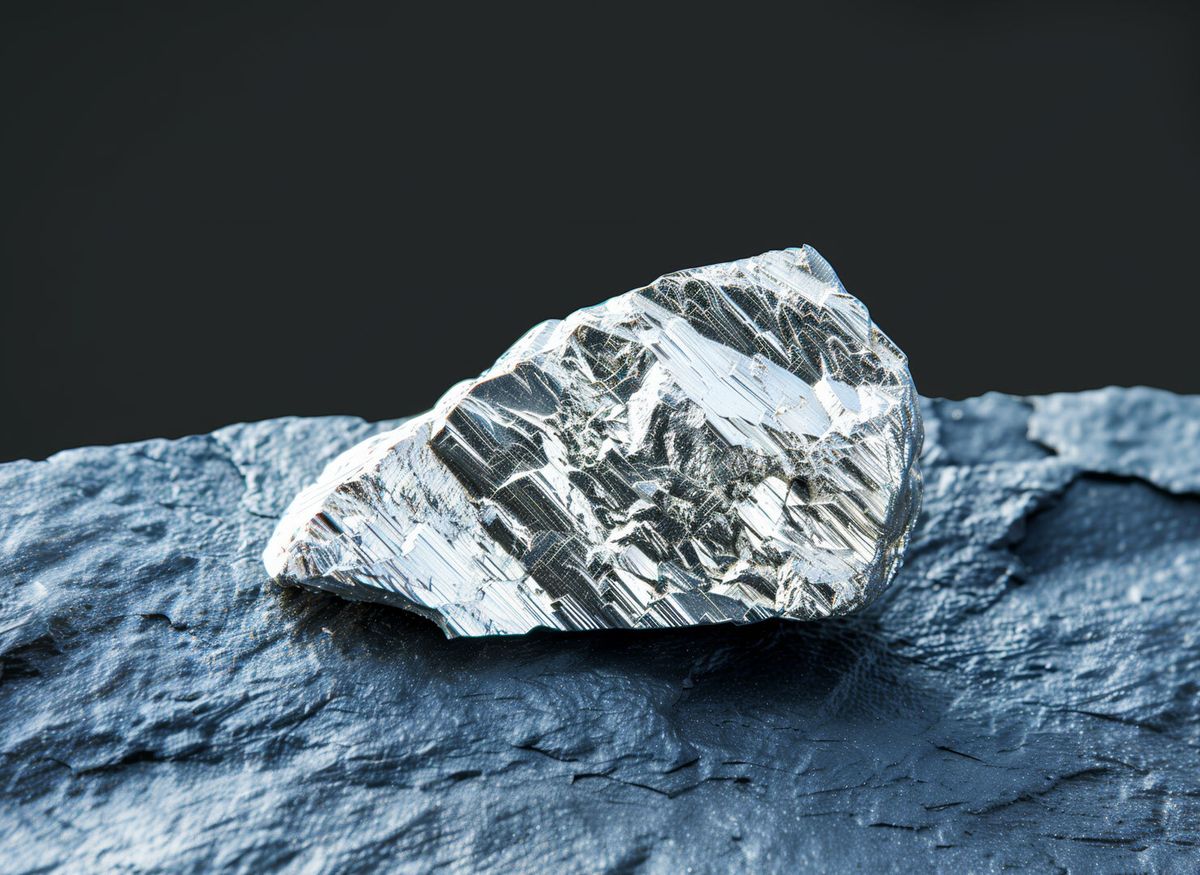
Erbium-silver might sound like a mouthful, but it's a fascinating topic worth exploring. Erbium is a rare earth element, often used in lasers and optical fibers. Silver, on the other hand, is a well-known precious metal with a rich history in jewelry, currency, and electronics. When combined, these two elements create unique properties that have significant applications in various fields. From enhancing the efficiency of solar cells to improving medical imaging, the erbium-silver duo is making waves in science and technology. Ready to dive into some intriguing facts about this dynamic pair? Let's get started!
Key Takeaways:
- Erbium-Silver is a unique alloy of erbium and silver with amazing properties used in technology, medicine, and industry. It's pink glass color and conductivity make it fascinating and versatile.
- From fiber optic amplifiers to dental lasers, Erbium-Silver plays a crucial role in enhancing signal strength and precision in various technological and medical applications. Its antimicrobial properties also make it valuable in the medical field.
What is Erbium-Silver?
Erbium-Silver is an alloy combining the rare earth element erbium with silver. This unique combination has various applications in technology, medicine, and industry. Here are some intriguing facts about this fascinating alloy.
Composition and Properties
Understanding the composition and properties of Erbium-Silver helps us appreciate its unique characteristics.
- Erbium is a rare earth element with the symbol Er and atomic number 68.
- Silver is a precious metal with the symbol Ag and atomic number 47.
- Erbium-Silver alloy typically contains a small percentage of erbium mixed with silver.
- Erbium adds unique optical properties to the alloy, making it useful in various applications.
- Silver provides excellent electrical conductivity and antimicrobial properties.
Applications in Technology
Erbium-Silver has several technological applications due to its unique properties.
- Fiber Optic Amplifiers: Erbium is used in fiber optic amplifiers to boost signal strength over long distances.
- Lasers: Erbium-doped lasers are used in medical and dental procedures for their precision and efficiency.
- Telecommunications: The alloy is crucial in telecommunications for enhancing signal clarity and strength.
- Electronics: Erbium-Silver is used in electronic devices for its conductive properties.
- Nanotechnology: The alloy's unique properties make it valuable in developing nanoscale devices.
Medical Uses
The medical field benefits significantly from the properties of Erbium-Silver.
- Dental Lasers: Erbium-doped lasers are used in dentistry for procedures like cavity preparation and gum surgery.
- Skin Treatments: Erbium lasers are used in dermatology for skin resurfacing and wrinkle reduction.
- Surgical Tools: The alloy is used in surgical instruments for its precision and antimicrobial properties.
- Cancer Treatment: Research is ongoing into using erbium compounds in cancer treatment.
- Antimicrobial Coatings: Silver's antimicrobial properties make the alloy useful in medical device coatings.
Industrial Applications
Erbium-Silver also finds use in various industrial applications.
- Glass Manufacturing: Erbium is used to color glass and ceramics.
- Metallurgy: The alloy is used to improve the properties of other metals.
- Nuclear Reactors: Erbium is used as a neutron absorber in nuclear reactors.
- Alloy Production: Erbium-Silver is used to create other specialized alloys.
- Catalysts: The alloy is used in chemical reactions as a catalyst.
Interesting Facts
Here are some lesser-known facts about Erbium-Silver that highlight its unique nature.
- Pink Glass: Erbium gives glass a pink hue, which is used in decorative items.
- Discovery: Erbium was discovered in 1843 by Carl Gustaf Mosander.
- Rare Earth: Erbium is part of the lanthanide series, known as rare earth elements.
- Conductivity: Silver is the best conductor of electricity among all metals.
- Antimicrobial: Silver has been used for its antimicrobial properties since ancient times.
Final Thoughts on Erbium-Silver
Erbium-silver alloys pack a punch in the world of materials science. These alloys combine the unique properties of erbium and silver, making them valuable in various applications. From enhancing fiber optic communications to improving medical imaging, the blend of these two elements offers numerous benefits.
Erbium's ability to amplify light and silver's excellent conductivity create a powerful duo. This combination is not just limited to high-tech industries; it also finds use in everyday items like jewelry and electronics. Understanding the properties and uses of erbium-silver alloys can open doors to innovative solutions in technology and medicine.
So, next time you come across a high-speed internet connection or a cutting-edge medical device, remember the role erbium-silver alloys play. These facts highlight the importance of this fascinating material in our modern world.
Frequently Asked Questions
Was this page helpful?
Our commitment to delivering trustworthy and engaging content is at the heart of what we do. Each fact on our site is contributed by real users like you, bringing a wealth of diverse insights and information. To ensure the highest standards of accuracy and reliability, our dedicated editors meticulously review each submission. This process guarantees that the facts we share are not only fascinating but also credible. Trust in our commitment to quality and authenticity as you explore and learn with us.
